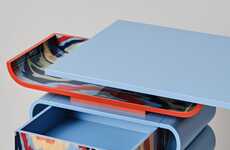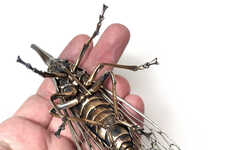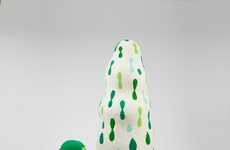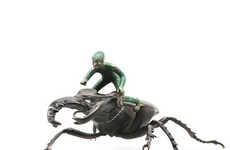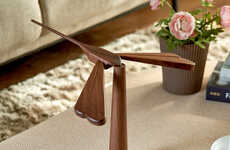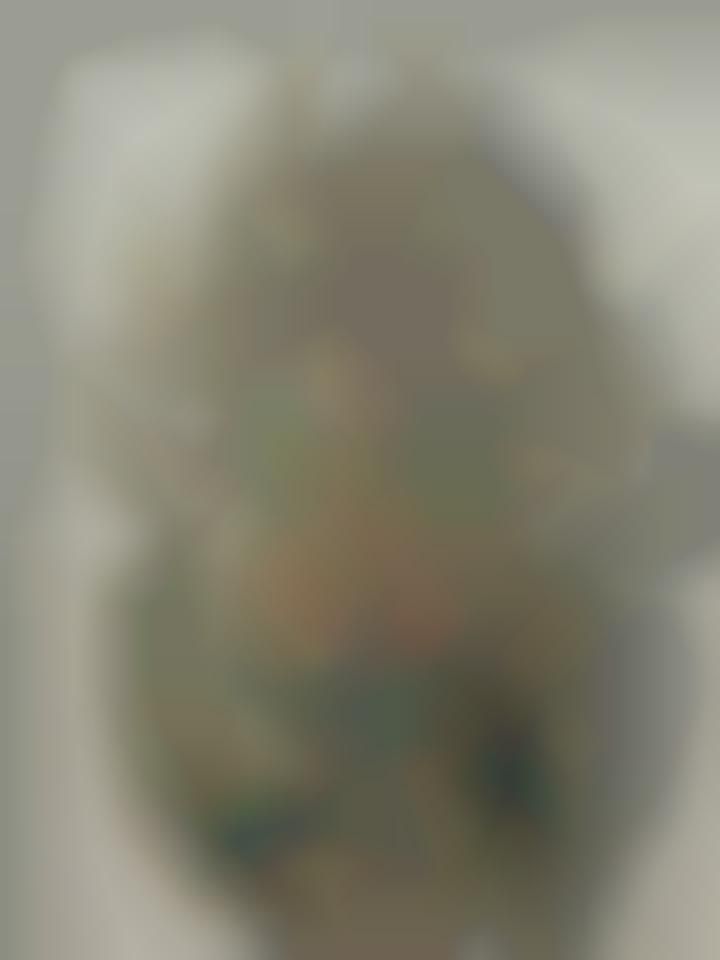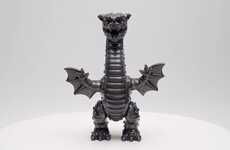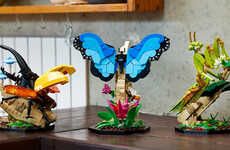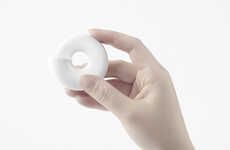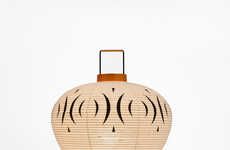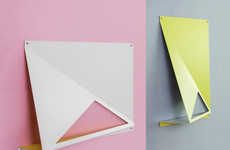These Sculptures Were Made From Japanese Yen and Comic Books
Mishal Omar — July 19, 2016 — Art & Design
References: combine-art & booooooom
The insect sculptures designed by the Japanese artist Takumi Kama were inspired by a re-imagining of the urban takeover after the continued destruction of natural habitats.
Takumi Kama has created two of these sculptures -- both of which are made from paper. The 'Hide-mushi' insect sculpture is made from Japanese yen as the artist imagines that this type of insect would hide in currency. The sculpture is made from distorting and burning the yen to create a symmetric, insect-like shape. The second insect is called the 'Comi-mushi' and the artist imagines it "taking on the patterns of comic strips in bookstores and convenience stores."
The unusual concept behind these paper-made insect sculptures gives these peculiar designs an interesting meaning.
Takumi Kama has created two of these sculptures -- both of which are made from paper. The 'Hide-mushi' insect sculpture is made from Japanese yen as the artist imagines that this type of insect would hide in currency. The sculpture is made from distorting and burning the yen to create a symmetric, insect-like shape. The second insect is called the 'Comi-mushi' and the artist imagines it "taking on the patterns of comic strips in bookstores and convenience stores."
The unusual concept behind these paper-made insect sculptures gives these peculiar designs an interesting meaning.
Trend Themes
1. Sustainable Art - Exploring the use of unconventional materials, such as paper, in art sculptures presents opportunities for sustainable and eco-friendly artistic creations.
2. Nature Conservation - Using insect-inspired sculptures to raise awareness about the destruction of natural habitats and the importance of conserving biodiversity can drive impactful conversations and actions.
3. Reimagining Urban Spaces - The concept of urban takeover and the reimagining of city landscapes can inspire innovative solutions and disruptive designs in architecture, urban planning, and public spaces.
Industry Implications
1. Art and Design - The art and design industry can explore the use of unconventional materials and themes, such as paper and insect-inspired sculptures, to create unique and thought-provoking artworks.
2. Nature and Wildlife Conservation - Organizations focused on nature and wildlife conservation can leverage the concept of paper-made insect sculptures as a creative tool for education, awareness campaigns, and fundraising efforts.
3. Architecture and Urban Planning - Architects and urban planners can draw inspiration from the reimagining of urban spaces depicted in the paper-made insect sculptures to develop innovative and sustainable city designs.
2.4
Score
Popularity
Activity
Freshness
